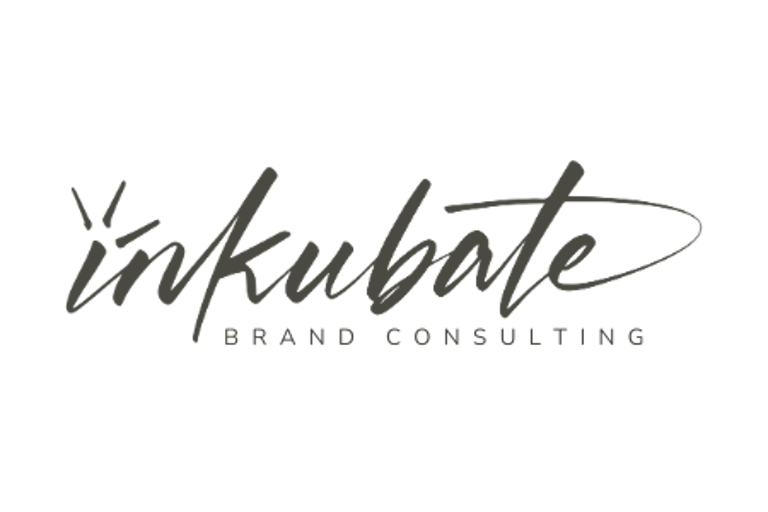
Top rebranding questions your executive team will ask—and how to answer them.
Will we lose sales? Will customers still recognize us? Get answers to the most frequently asked questions about rebranding.
REBRANDINGFAQ
Chandra Blouin
7/24/20242 min read
Rebranding is a crucial yet often daunting step for established industrial and manufacturing companies. As a Brand Consultant, I've witnessed firsthand the transformative power a strategic rebrand can have, not just in refreshing a company's image but in driving growth and strengthening market position. For Marketing Managers and C-suite executives, understanding the intricacies of rebranding is essential to navigate this complex process effectively. This blog answers the top eight rebranding questions to help you achieve a successful transformation, ensuring your brand remains competitive and resonates with your target audience.
1 - Will we lose sales?
One of the first concerns businesses have when considering rebranding is the potential loss of sales. However, a well-executed rebrand can actually help you attract new customers and retain existing ones by refreshing your image and aligning more closely with your target market's needs. The key is to communicate the changes clearly and maintain the quality your customers love.
2 - Will customers still recognize us?
It's natural to worry that your loyal customers might not recognize your new brand. To mitigate this, ensure that your rebranding strategy includes elements that are familiar to your audience. Gradual changes and clear communication can help bridge the gap between the old and the new, making the transition smoother for everyone.
3 - It's been this way forever. Why change?
Change can be daunting, especially if your brand has remained the same for a long time. However, the market evolves, and so should your brand. Rebranding can revitalize your business, making it more relevant and appealing to today's consumers. If your current brand no longer represents your values or stands out, it's time for a change.
4 - Isn't it going to cost a fortune to change everything?
Rebranding does come with costs, but it doesn't have to break the bank. By setting a clear budget and prioritizing key areas, you can manage expenses effectively. Consider the long-term benefits of rebranding, such as increased brand equity and market share, which can outweigh the initial costs.
5 - Is it too much work?
Rebranding is undoubtedly a significant undertaking, but it's manageable with the right plan. Break down the process into smaller, actionable steps and assign tasks to different team members. Hiring a Brand Consultant can also help streamline the process, ensuring that every aspect is handled professionally.
6 - Where do we start?
Starting a rebrand can seem overwhelming, but the first step is to conduct a thorough brand audit. Understand what works and what doesn't in your current branding. Next, define your goals, target audience, and brand values. This foundation will guide your rebranding efforts and ensure consistency.
7- How do we get everyone in the company on board?
Getting your team on board is crucial for a successful rebrand. Communicate the reasons behind the rebranding and how it will benefit the company. Involve employees in the process by seeking their input and feedback. A united team can drive the rebranding effort more effectively.
8 - How do we know it’ll be better?
There's always an element of uncertainty with rebranding, but thorough research and planning can minimize risks. Test new concepts with focus groups or pilot programs. Measure the impact of the rebrand through customer feedback and performance metrics. If done right, rebranding can breathe new life into your business and set you up for future success.
Rebranding is a significant investment of time, resources, and energy, but the rewards can be substantial when approached with a strategic mindset. By addressing common concerns such as potential sales impact, customer recognition, and cost management, this guide aims to provide clarity and confidence for Marketing Managers and C-suite executives in industrial and manufacturing sectors. Embracing change with a well-crafted rebranding strategy can rejuvenate your business, align it more closely with evolving market demands, and ultimately drive long-term success.
Remember, the journey of rebranding, while challenging, is an opportunity to redefine your brand’s legacy and secure its future.


